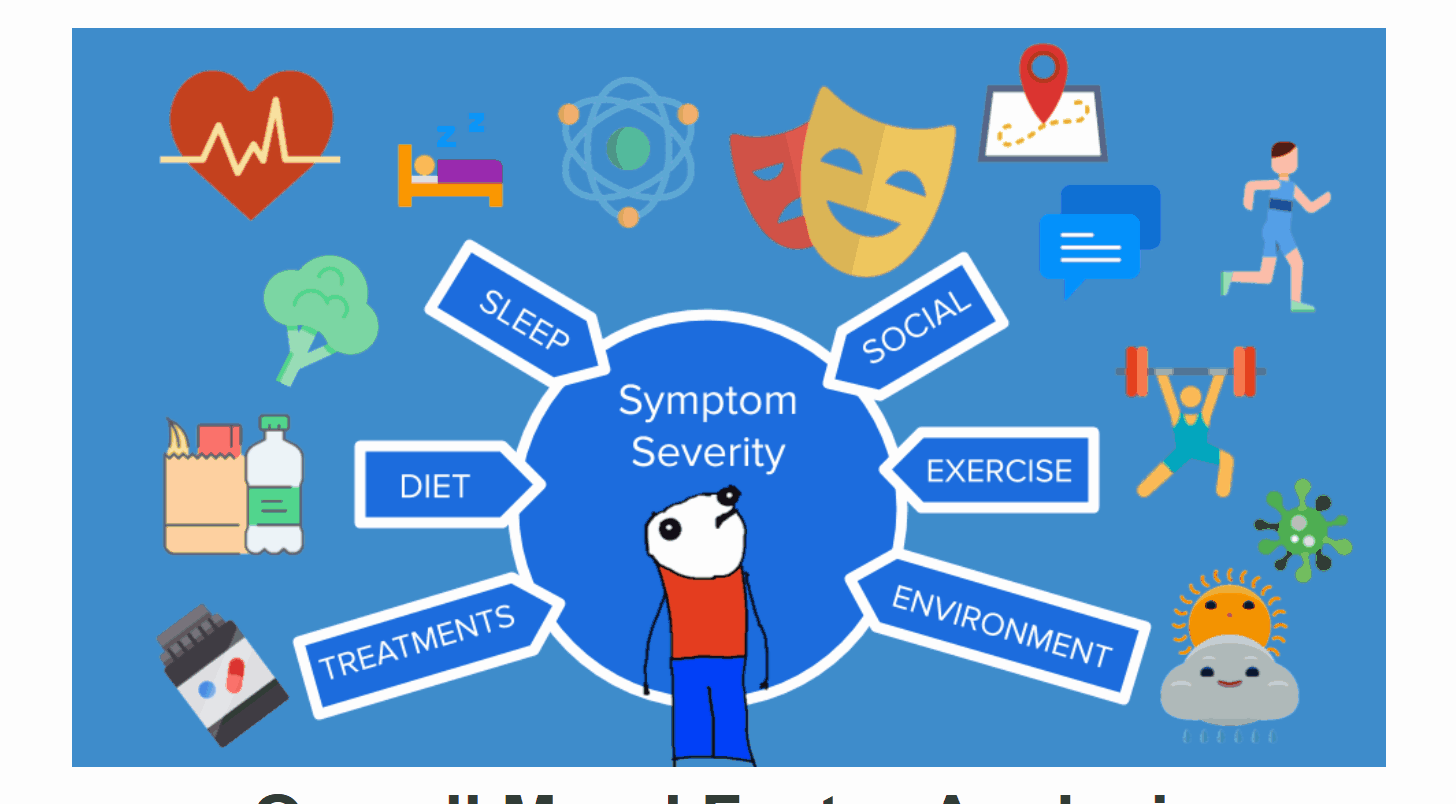Why the Government Should Back Personalized AI Health Reports
In today’s world, many of us face health challenges like depression and arthritis. What if there was a way to know exactly how different foods, drugs, or supplements could help or hurt us? That’s where AI (Artificial Intelligence) comes into play. AI can analyze our personal health data and tell us precisely what might make our health better or worse. Here’s why the government should support this innovative approach.
The Goal
The aim is simple but powerful: Use AI to look closely at all the health data we have — what we eat, the medications we take, and how these choices affect our health conditions. This isn’t about one-size-fits-all advice. It’s about getting a custom report that tells you, for example, if eating nuts or cutting down on sugar could help with your arthritis, or if a certain medication could better manage your depression without nasty side effects.

How It Works
- Collecting Data: The first step is to gather a lot of detailed information on people’s eating habits, medication use, and health changes over time.
- AI Does Its Magic: Next, AI tools analyze this data to find patterns. It might discover that some foods are linked to improved mood in people with depression or that certain medications reduce joint pain for arthritis sufferers.
- Detailed Reports: The AI doesn’t stop at spotting trends. It calculates how significantly a food, drug, or supplement impacts symptoms. It weighs the good against the bad, helping you decide what’s worth it.
- Custom Recommendations: Armed with this info, the AI can suggest a tailored health plan. It could recommend dietary changes, new medications, or supplements specifically suited to improve your condition.
Why the Government Should Help
1. Public Health Improvement: This technology could lead to massive improvements in public health. By managing conditions like depression and arthritis more effectively, we can reduce healthcare costs and improve life quality for millions.
2. Fair Access: Government support could ensure this technology is available to everyone, not just those who can afford it. This would help reduce health disparities.
3. Better Research: Funding AI health reports could also boost medical research, providing new insights into how lifestyle and medication affect different conditions.
Making It Happen
For AI health reports to become a reality, we need:
- Privacy Protection: Secure, anonymous ways to share health data, so people feel safe participating.
- Smart AI: Investment in AI development to ensure it can accurately analyze health data and make reliable recommendations.
- User-Friendly Access: Easy ways for people to access their personalized reports and understand their health recommendations.
The Benefits
1. Smarter Health Choices: With AI health reports, people can make informed decisions about their diet, medication, and lifestyle to manage their conditions better.
2. Empowerment: This approach puts individuals in control of their health, offering personalized advice based on their unique data.
3. Cost Savings: By preventing health issues and choosing the most effective treatments, we can save on healthcare costs in the long run.
Conclusion
Personalized AI health reports represent a significant leap forward in managing conditions like depression and arthritis. With government support, this technology could transform public health, offering personalized, data-driven advice to help everyone live healthier, happier lives. It’s a win-win for individuals and society, making it a worthy investment for the future.